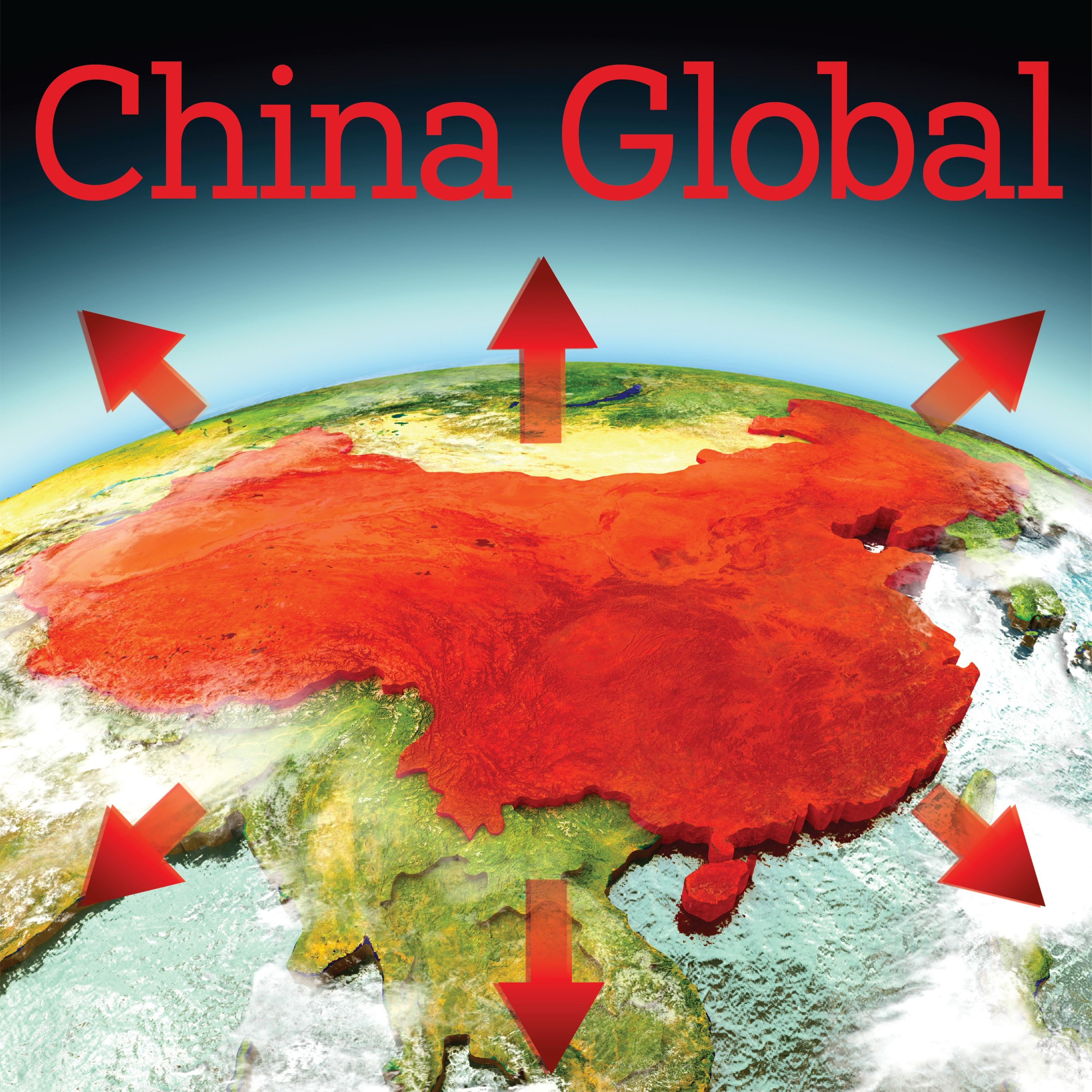- After-Shows
- Alternative
- Animals
- Animation
- Arts
- Astronomy
- Automotive
- Aviation
- Baseball
- Basketball
- Beauty
- Books
- Buddhism
- Business
- Careers
- Chemistry
- Christianity
- Climate
- Comedy
- Commentary
- Courses
- Crafts
- Cricket
- Cryptocurrency
- Culture
- Daily
- Design
- Documentary
- Drama
- Earth
- Education
- Entertainment
- Entrepreneurship
- Family
- Fantasy
- Fashion
- Fiction
- Film
- Fitness
- Food
- Football
- Games
- Garden
- Golf
- Government
- Health
- Hinduism
- History
- Hobbies
- Hockey
- Home
- How-To
- Improv
- Interviews
- Investing
- Islam
- Journals
- Judaism
- Kids
- Language
- Learning
- Leisure
- Life
- Management
- Manga
- Marketing
- Mathematics
- Medicine
- Mental
- Music
- Natural
- Nature
- News
- Non-Profit
- Nutrition
- Parenting
- Performing
- Personal
- Pets
- Philosophy
- Physics
- Places
- Politics
- Relationships
- Religion
- Reviews
- Role-Playing
- Rugby
- Running
- Science
- Self-Improvement
- Sexuality
- Soccer
- Social
- Society
- Spirituality
- Sports
- Stand-Up
- Stories
- Swimming
- TV
- Tabletop
- Technology
- Tennis
- Travel
- True Crime
- Episode-Games
- Visual
- Volleyball
- Weather
- Wilderness
- Wrestling
- Other
Unpacking China’s New Standard Map
In late August, China’s Ministry of Natural Resources released its new “standard map,” which includes not only Taiwan, but also parts of the maritime zones of the Philippines, Vietnam, Brunei, Indonesia, and Malaysia. It also includes land that China disputes with India—and even some Russian territory. To publicize the map and China’s claims, Beijing launched a “national map awareness publicity week,” as it has for map releases in recent years. China’s map release is an annual event, which can happen at any time. So why now? And what does the map tell us about Chinese foreign policy under Xi Jinping? To discuss this topic, host Bonnie Glaser is joined by Dr. Collin Koh who is Senior Fellow at the Institute of Defense and Strategic Studies at the S. Rajaratnam School of International Studies, based in Nanyang Technological University, Singapore. He has research interests on naval affairs in the Indo-Pacific, focusing on Southeast Asia. Timestamps[01:29] How does this map differ from previous ones?[04:44] Interagency Coordination on Release[05:51] Reaction of the Chinese Foreign Ministry [08:12] Significance of the Timing of the Release[11:32] Protests Against the Map’s Release[15:09] Portrayal of the South China Sea[19:35] Ambiguity of Beijing’s Claims [23:44] Territorial Claims Along the Sino-Russian Border[26:58] Lasting Impact of the Map

